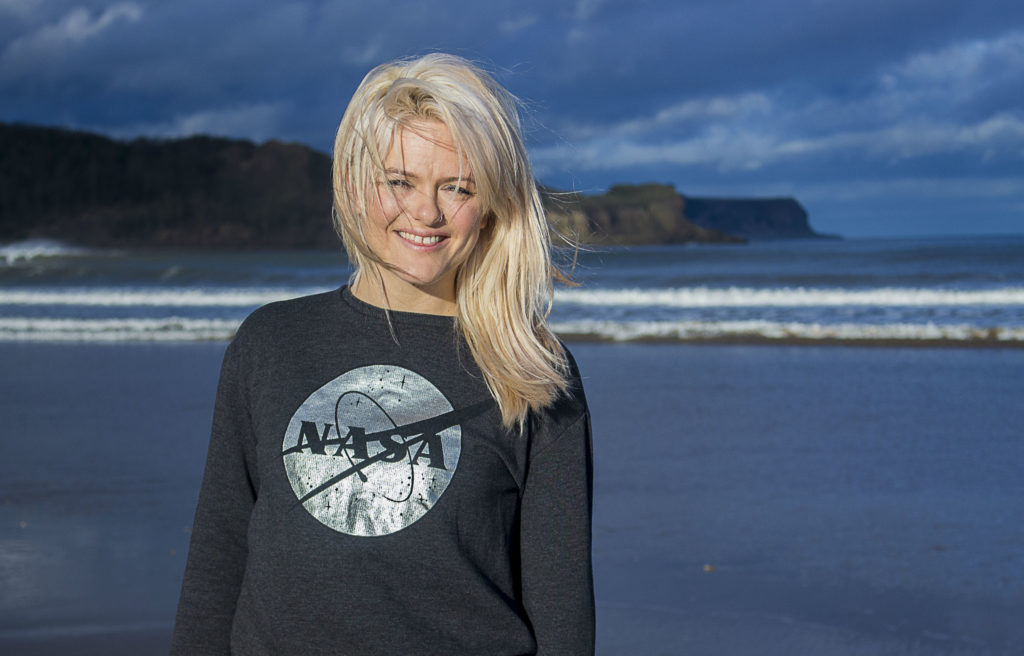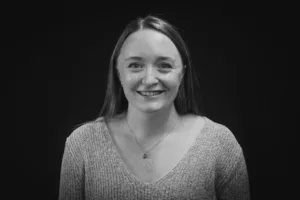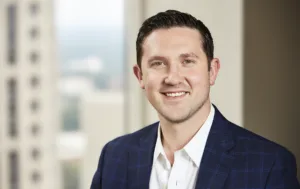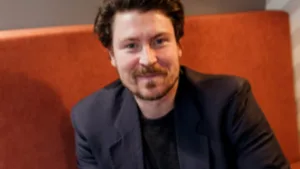In NDA’s Interviewing the Interviewers series, we caught up with some of the best interviewers in our industry, from journalists to independent content creators, turning the tables to find out what makes them tick.
Becca Caddy is a freelance technology journalist, currently obsessed with understanding the potential of VR and AR. She writes for publications including TechRadar, Wearable, T3, OneZero, Gizmodo, Stuff and New Scientist.
What is your biggest hope and your biggest fear for the tech industry in 2019?
I hope to see the industry embrace more diverse teams and thinking. There have been steps in the right direction recently, but it still feels like a white male-dominated space for the most part.
My biggest fear is that we lose sight of the real possibilities in new tech developments because of the sensationalism and hype that gets bolted onto the news coverage as publishers constantly escalate their efforts to get clicks.
What was your biggest personal industry highlight of 2018?
Getting more involved in the VR industry itself, by deepening my knowledge and understanding of the tech, the challenges, and the top creators in the space as well as taking part in research projects and the development of hardware and experiences.
One of the most meaningful projects I’ve been involved with has been an initiative called A Vision for Women in VR, which aims to challenge and change the gender balance in both the creative and tech areas of the VR industry.
Specialising in the area that interests me the most has not only been more satisfying on a personal level, but it has also meant that more interesting opportunities come my way as my name and writing becomes more closely associated with my favourite subjects.
Who was the most inspirational person you interviewed in 2018 and why?
I always enjoy talking to Catherine Allen, the founder of VR consultancy and events company Limina Immersive.
She’s passionate about building a more inclusive industry, as well as showing that VR is capable of being an art form in its own right. She’s recently launched the first VR theatre in the UK to showcase a wide range of content rooted in arts-based experiences.
Her energy, passion and desire to shape the emerging VR industry is very inspiring to me, and I also feel a duty to amplify voices like hers — people who want to change the industry for the better.
What one technology are you most excited about this year and why?
It’s just been released, but I’ve been excited about the Oculus Quest for a long time now.
It’s a major step towards making VR accessible to everyone — it’s untethered, has six degrees of freedom, which basically means it can track your movements up, down, forwards, backwards and left to right, and, even though it’s still quite pricey, the price point of great quality VR hardware is getting lower, which can only mean that more people get to experience it.
What was your favourite ad or digital experience of 2018?
I love it when a brand has the guts to own its PR disasters, as well as examples of smart, simple copywriting. With that in mind, I’d go with KFC’s ‘FCK — We’re sorry’ ad, which the brand put out very quickly after making national headlines due to 700 of its outlets having to temporarily close because they’d run out of chicken.
What is the buzzword or phrase you’d like to ban forever?
There isn’t a specific one, but I’d like announcements and press releases to stop telling me that their new product, service or idea is ‘innovative’, ‘unique’ or ‘exciting’ and simply let me make up my own mind.
Saying that, I’ve also worked on the PR side of the industry too and I know it can be a bit daunting to try and tell a client that their new app isn’t actually ground breaking, transformative or an industry first.
7. Who’s the one industry figure you’d most like to interview you yet haven’t?
There are so many! The first person that comes to mind is Dr. Helen Papagiannis. She’s a futurist and the author of ‘Augmented Human’.
I would love to talk with her about what she sees as being the future of AR.
How could someone persuade you to interview them and what would put you off completely?
It always works best when someone approaching me has done their homework and knows a little about me and what I write about. I know it’s time-consuming to research each journalist, but I think if you’re pitching an interview rather than a blanket product launch it takes two minutes to work out that I’m focused on VR, wearable tech and outer space and that I’ve little to no interest in subjects like smartphones or funding news.
Equally, though, if an interview is pitched to me purely to talk up a product, that’s not appealing to me. The interviewee would need to be exploring an issue, answering a problem or creating something new and interesting that’s relevant to what I write about.
For example, this year I’ve interviewed the researcher Eva Hoerth who is building VR communities and Sarah Jones who is helping to define government policy around immersive technologies.
I should also point out, though, that as a freelancer it depends what I’m working on, if I have time to commit to an additional deadline, if I can see a feature in the interview and if I can get a commission from one of my editors to go ahead — and that largely depends on what they have planned for their publication over the next few weeks or months.









